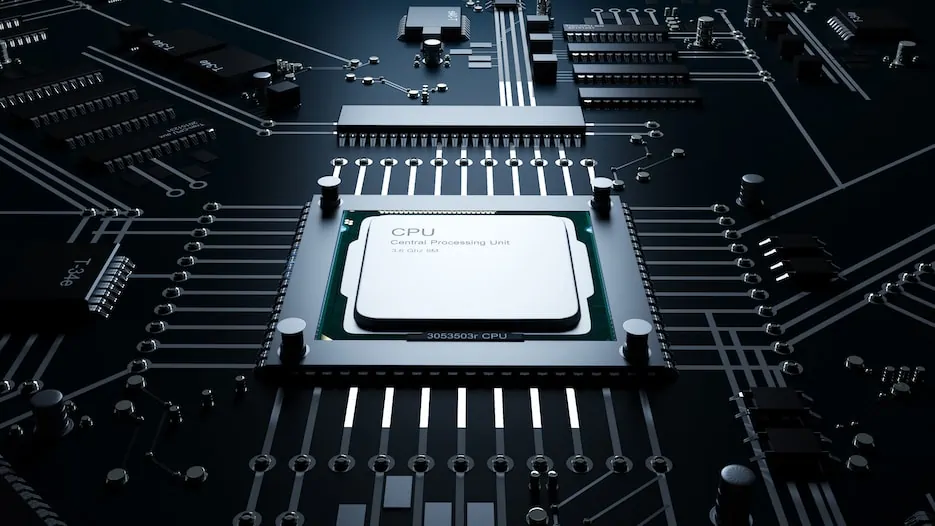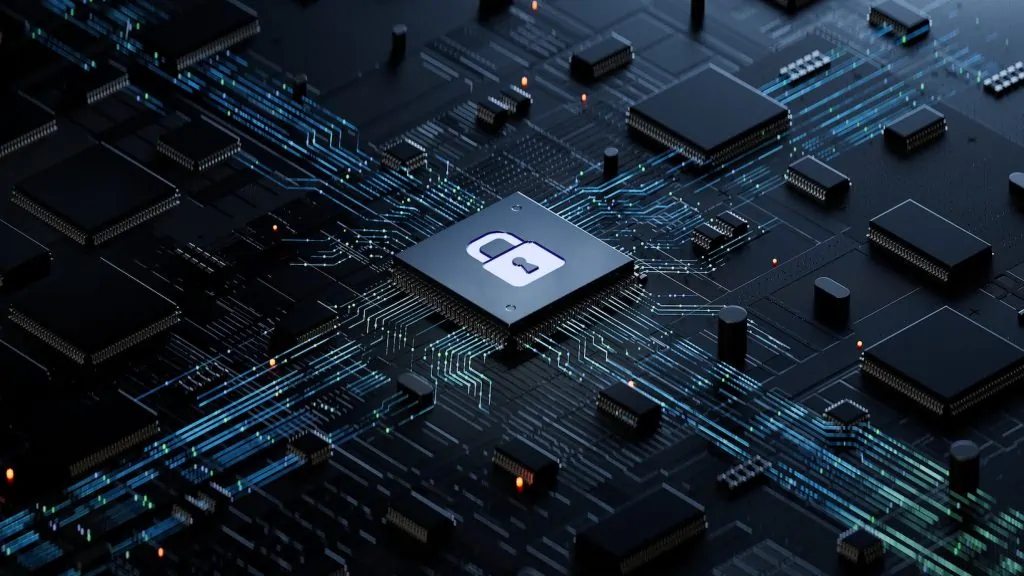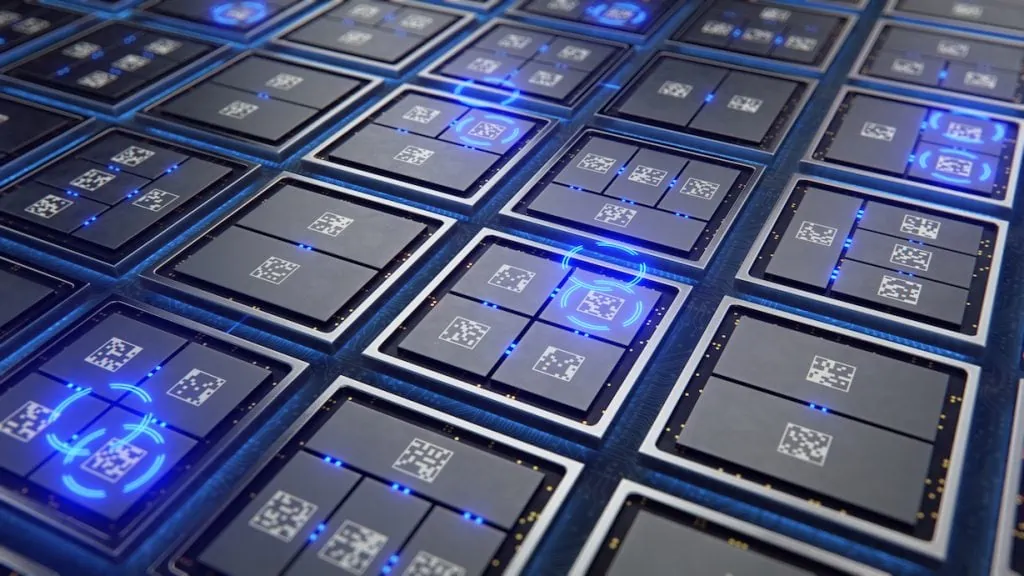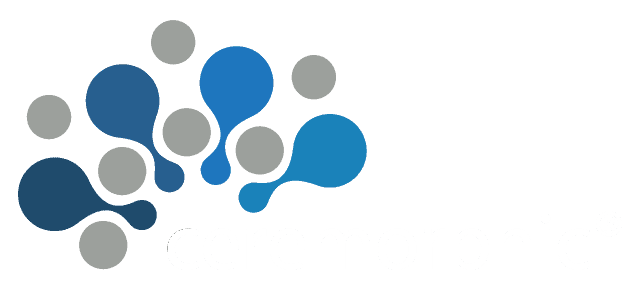Custom Silicon Development for Advanced Nodes Using In-House Technology and Design Expertise
Developing a custom silicon in advanced nodes for high performance computing requires not only expertise in designing chips in lower geometries, but also the ownership of multiple silicon technologies. Some of the technologies required for these devices are very complex and typical IP vendors may not have the expertise to develop them in time. For advanced nodes (5nm and below), design expertise in those nodes, access to component technologies, design methodology, and experience in designing chips in these geometries plays a key role in designing highly integrated SoC products with deterministic schedule and cost. For example, a system interconnect with multiple chiplets requires expertise in multiple areas including low power and high-performance serdes, signal processing and high performance analog engineering. Ceremorphic has spent over five years in technology development in all key areas and taped out the device in TSMC 5nm node last year. Ceremorphic has developed a scalable system architecture with in-house technology to create different products for multiple markets.
Reliable Multi-thread Processing
Ceremorphic has developed a wide range of reliable processing cores that tackle varying area, performance, and power requirements for future computing needs. Our multi-threaded RISC-V processors along with vector extensions are suitable for high-end embedded, AI, video, and image processing applications. These processing units are in-built with safety mechanisms to meet the most challenging automotive safety standards, including ISO 26262 ASIL-D without compromising power and performance. Our innovative low power technology makes them an excellent choice for applications that require high performance at low power for dedicated applications and also as proxy processing for host systems for high performance computing application like AI training. Two processor cores are available for custom designs based on performance and power requirements.
- QS-C300 – SE : ASIL D compliant four-thread multi-issue machine
- QS-C400 – SE : ASIL D compliant four-thread multi-issue out-of-order machine

Quantum resistant Secure Processing
Quantum resistant security processing is key to many devices and applications going forward. Ceremorphic security processors are designed from the ground-up not only to off-load computationally intensive security functions such as authentication, encryption, and decryption from host processors, but also support new algorithms and microarchitectures to make them quantum resistant by optimizing to handle post-quantum cryptographic algorithms. These are algorithms that are resistant to attacks by quantum computers, which are expected to be able to break many of the cryptographic techniques currently in use today. In addition to its capabilities in quantum cryptography, the Ceremorphic security processor is also designed to handle a wide range of algorithms that are commonly used in secure communication protocols, such as SSL/TLS. By including support for post-quantum algorithms, the Ceremorphic security processor can provide a high level of security even against future threats. These processors are designed to support functional safety and low energy operation.

Machine learning Processing
Ceremorphic has developed an optimal engine for ML training processing using its proprietary microarchitecture and analog technology. The engine is not only scalable for many different performance workloads, but also supports Graph Neural Network (GNN) acceleration. These highly optimized technologies are functional safety compliant and incorporate advanced microarchitecture to realize low energy machine learning training algorithm execution.

CXL3.0 / PCIe 6
Ceremorphic PCIe 6.0 and CXL 3.0 controllers and PHY are reliable, high-performance, multi-channel components designed for use in a wide variety of systems. They are configurable to operate from 2.5GT/s in single lane to 1024GT/s in 16 lane configurations. The controller has more than 100 configuration features including optional high speed DMA engine for high bandwidth applications as well as optional IDE engine for secure data transfer. With its advanced performance and versatility, Ceremorphic PCIe and CXL solutions are ideal for high performance silicon devices in AI, HPC, Datacenter and Networking applications.
- QS-64G-PHY : 64 Gbit ultra low power physical layer that can support multiple protocols
- QS-PCIE-CXL-CTRL : PCIe 6.0 / CXL 3.0 controller

D2D-UCIe
Ceremorphic UCIe 1.0 controllers and PHY are reliable, high-performance, multi-channel components designed for use in chiplet based systems. They are configurable to operate in standard and advanced packages. Ceremorphic UCIe solutions support PCIe, CXL and streaming protocols. With its advanced performance and versatility, Ceremorphic PCIE and CXL solutions are ideal for chiplet-based AI, HPC, data center and networking applications.
- QS-UCIE-PHY: UCIe 1.0 Physical layer technology that supports up to 64Gb
- QS-UCIE-CTRL : UCie 1.0 controller

MIPI
Ceremorphic MIPI technology is a comprehensive offering of controllers and PHY solutions that target a diverse range of applications with support for functional safety and low energy. Our portfolio includes a full range of IPs for cameras, displays, audio, and connectivity, in TSMC 5nm processing node, enabling the design of highly competitive SoCs. These solutions are optimized for low power consumption and cost-effective bill of materials, while also providing exceptional performance in the competitive mobile, automotive, metaverse and industrial markets.
- QS-MIPI-CD-PHY: MIPI C-PHY and D-PHY v3.0 physical layer combo
- QS-MIPI-CSI-CTRL : MIPI CSI-2 v4.0 controller
- QS-MIPI-DSI-CTRL: MIPI DSI v2.0 controller
- QS-MIPI-SW-CTRL : MIPI Soundwire controller

High performance Analog
Our analog IP technology in 5nm silicon nodes is designed to provide superior performance and integration, making them ideal for use in different SoC devices that address a wide range of applications. Our 5nm analog IP offerings include oscillators, ADCs, PLLs, temperature sensors, and voltage monitors, among others.


